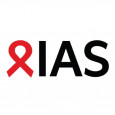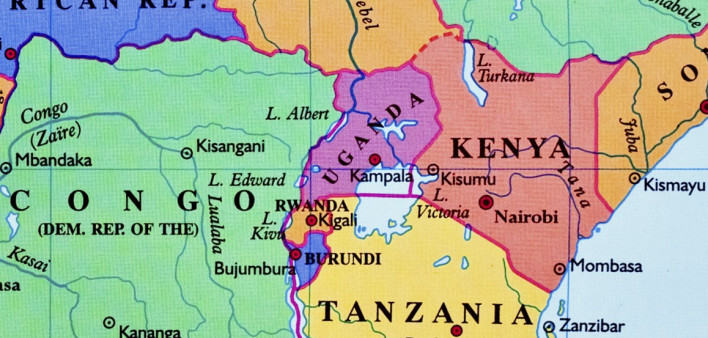IAS – the International AIDS Society – is deeply concerned about the HIV response in Uganda following its Constitutional Court’s ruling to uphold the Anti-Homosexuality Act today.
As the world’s largest association of people living with, affected by and working on HIV, the IAS calls on Uganda to put people first and reverse this devastating law, which threatens its own citizens and prevents an effective HIV response.
“The court had the opportunity to set matters right, but it has failed to follow the science and heed evidence,” IAS President Sharon Lewin said. “The ruling is completely at odds with Uganda’s stated commitment to ending HIV as a threat to public health by 2030. The consequences for the HIV response, not just in Uganda, but in other African countries grappling with anti-gay sentiment, are severe.”
Ugandan President Yoweri Museveni signed the Anti-Homosexuality Act into law in May 2023. One of the harshest anti-gay laws in the world, it imposes the death sentence for “aggravated homosexuality.”
Responding to a petition to annul the act, the court found that some sections of the law violated the right to health and that the law was “inconsistent with right to health, privacy and freedom of religion.” However, it declined to nullify the act “in its entirety” and neither would it grant a permanent injunction against its enforcement.
The IAS is concerned about the law keeping communities away from accessing HIV services and further marginalizing vulnerable populations. Anti-gay laws are associated with a higher HIV rate among men who have sex with men in Africa.
Since the Ugandan anti-gay law was passed, the number of clients attending drop-in centres providing HIV prevention and treatment services to key populations, including men who have sex with men, dropped from an average of 40 per week to two.
As the IAS has pointed out in a previous statement, the evidence is clear: criminalizing same-sex relations sharply increases the chances of acquiring HIV.








Comments
Comments